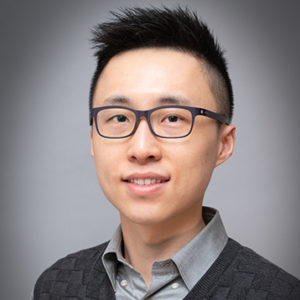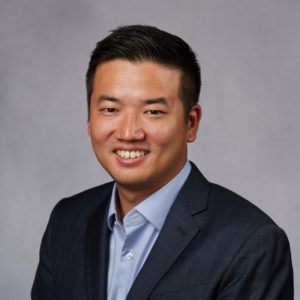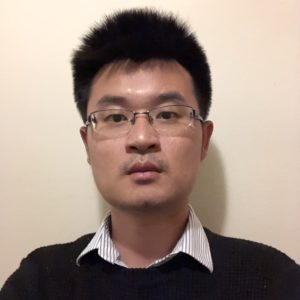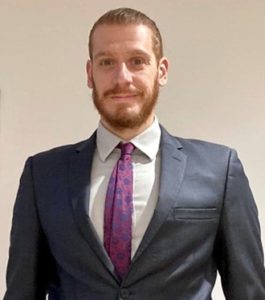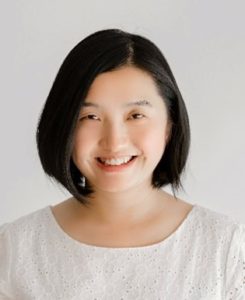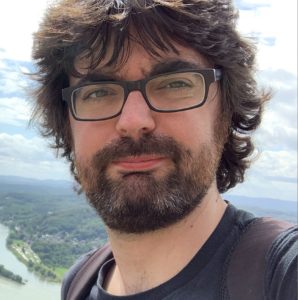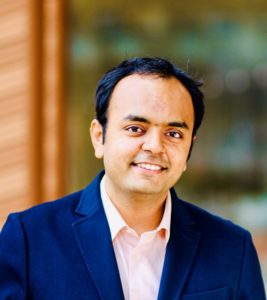 Dr. Ankur Gupta is currently an Assistant Professor in the Department of Chemical and Biological Engineering at the University of Colorado, Boulder. He is the principal investigator in the Laboratory of Interfaces, Flow and Electrokinetics (LIFE). His research interests include interfacial phenomena, complex fluids, multiphase flows and electrokinetics. His work has applications in energy storage, desalination, and lab-on-a-chip technologies. He is the recipient of NSF CAREER Award, Graduates of the Last Decade (GOLD) Award IIT Delhi, DARPA Riser Award, ACS PRF Doctor New Investigator Grant, Outstanding Graduate Teaching Award in Chemical and Biological Engineering at CU-Boulder, Publons Peer-Review Award, Hugh Hampton Young Fellowship, and President’s Gold Medal (IIT Delhi). He has given invited talks about his work at more than 25 universities and national labs across the USA, Canada, India, and Singapore.
Dr. Ankur Gupta is currently an Assistant Professor in the Department of Chemical and Biological Engineering at the University of Colorado, Boulder. He is the principal investigator in the Laboratory of Interfaces, Flow and Electrokinetics (LIFE). His research interests include interfacial phenomena, complex fluids, multiphase flows and electrokinetics. His work has applications in energy storage, desalination, and lab-on-a-chip technologies. He is the recipient of NSF CAREER Award, Graduates of the Last Decade (GOLD) Award IIT Delhi, DARPA Riser Award, ACS PRF Doctor New Investigator Grant, Outstanding Graduate Teaching Award in Chemical and Biological Engineering at CU-Boulder, Publons Peer-Review Award, Hugh Hampton Young Fellowship, and President’s Gold Medal (IIT Delhi). He has given invited talks about his work at more than 25 universities and national labs across the USA, Canada, India, and Singapore.
Find out more about his work via:
Twitter: https://twitter.com/ankurg90
LinkedIn: https://www.linkedin.com/in/ankurg90/
Research group Twitter: https://twitter.com/LIFE_Boulder
Read Ankur Gupta’s Emerging Investigator article http://xlink.rsc.org/?doi=10.1039/D2SM01549H
How do you feel about Soft Matter as a place to publish research on this topic?
Soft Matter is one of the best journals to share this work due its interdisciplinary yet dedicated readership. Many important contributions on diffusiophoresis were previously published in Soft Matter and thus we are excited to share our findings with the community.
What aspect of your work are you most excited about at the moment and what do you find most challenging about your research?
Prior literature on diffusiophoresis has primarily focused on the response of colloidal particles to one-dimensional solute gradients. The exciting aspect of this work is that it highlights that two-dimensional solute gradients can be spatially and temporally controlled to optimize colloidal banding. However, realizing some of these effects experimentally remains a challenge.
In your opinion, what are the most important questions to be asked/answered in this field of research?
Some of the important questions in diffusiophoresis include the impact of particle shape and heterogeneity on mobility parameters, diffusiophoresis in complex fluids, and diffusiophoresis in two and three-dimensional gradients. Recent research has already begun to answer these questions and we anticipate that this area will remain quite active.
Can you share one piece of career-related advice or wisdom with other early career scientists?
I have learned to not compare my scientific journey with other early career scientists. While it is good to draw inspiration from the work of others, incessant comparison with others is generally detrimental and counterproductive.











